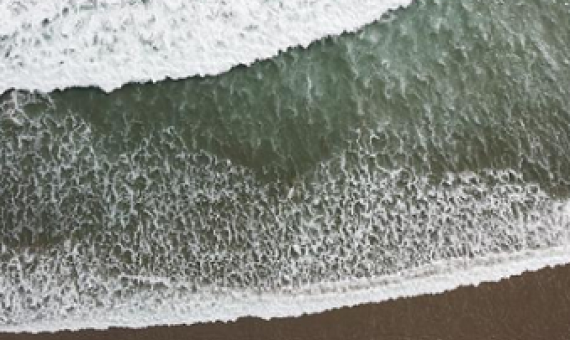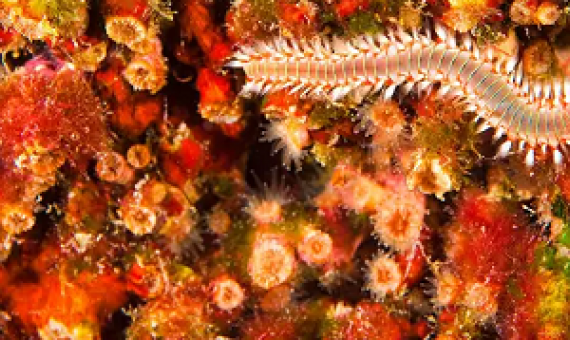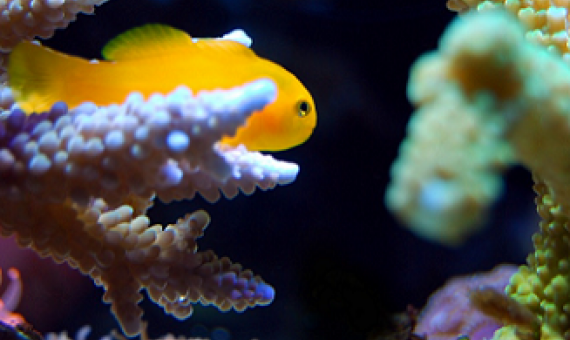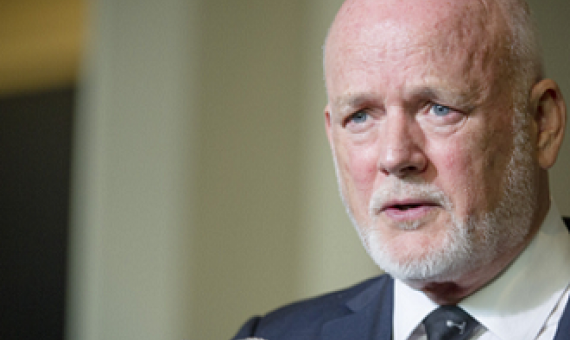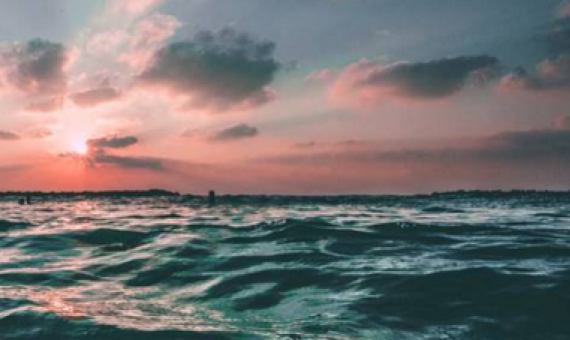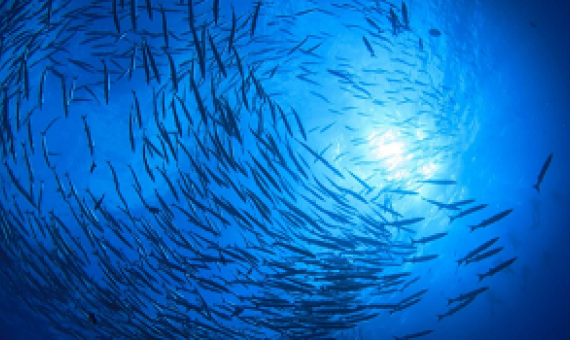New Zealand's marine environment is under pressure from coastal development, shipping traffic and climate change, a new government report says.
Variable effects of local management on coral defenses against a thermally regulated bleaching pathogen
Bleaching and disease are decimating coral reefs especially when warming promotes bleaching pathogens, such as Vibrio coralliilyticus. We demonstrate that sterilized washes from three common corals suppress V. coralliilyticus but that this defense is compromised when assays are run at higher temperatures. For a coral within the ecologically critical genus Acropora, inhibition was 75 to 154% greater among colonies from coral-dominated marine protected areas versus adjacent fished areas that were macroalgae-dominated.
Position Advertised Internationally (EPAI)...This job exists to lead in providing strategic technical and policy advice and support to Member States in accessing climate finance and technical delivery of readiness programmes.
Reef-building corals can make unexpected recoveries from climate change-induced destruction. It turns out that some corals only look dead when exposed to unusually warm water.
Leonardo DiCaprio was very much in the thick of last month’s mass actions for the protection of the environment...In his Instagram post, DiCaprio issued a call for people to “join the movement—take action with @glblctzn and call on cities across the world to take urgent action to tackle the clima
NOAA’s Coral Reef Conservation Program has awarded more than $9.3 million in grants to support coral conservation projects and scientific studies in seven U.S.
SPREP would like to call for tenders from qualified and experienced consultants who can offer their services to SPREP in reviewing the Solomon Islands Nationally Determined Contribution 2015 and the National Climate Change Policy 2012-2017.
The United Nations Special Envoy for the Ocean wants the Pacific to use its 'unique moral authority and obligation' to lead global discussions on climate and ocean change.
When you're the first person ever to visit the deepest part of the ocean all alone, it's safe to say you have a unique perspective on things. Movie director James Cameron has this claim to fame – along with creating Titanic and Avatar, also noteworthy accomplishments!
A major new United Nations report, issued on Wednesday, warns that the Earth’s oceans are under severe strain from climate change, threatening everything from the ability to harvest seafood to the well-being of hundreds of millions of people living along the coasts.

